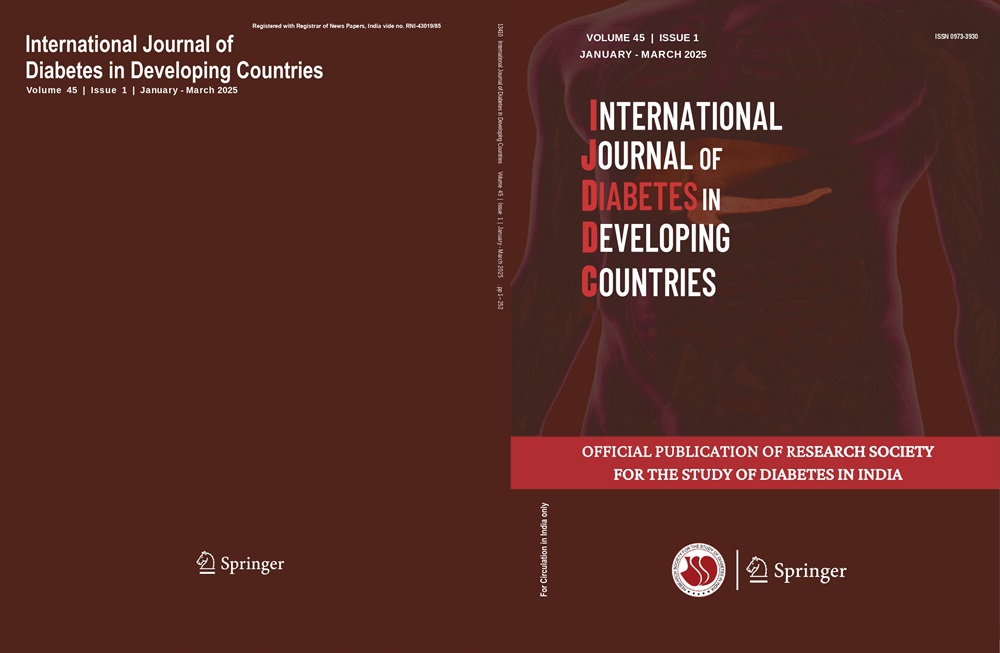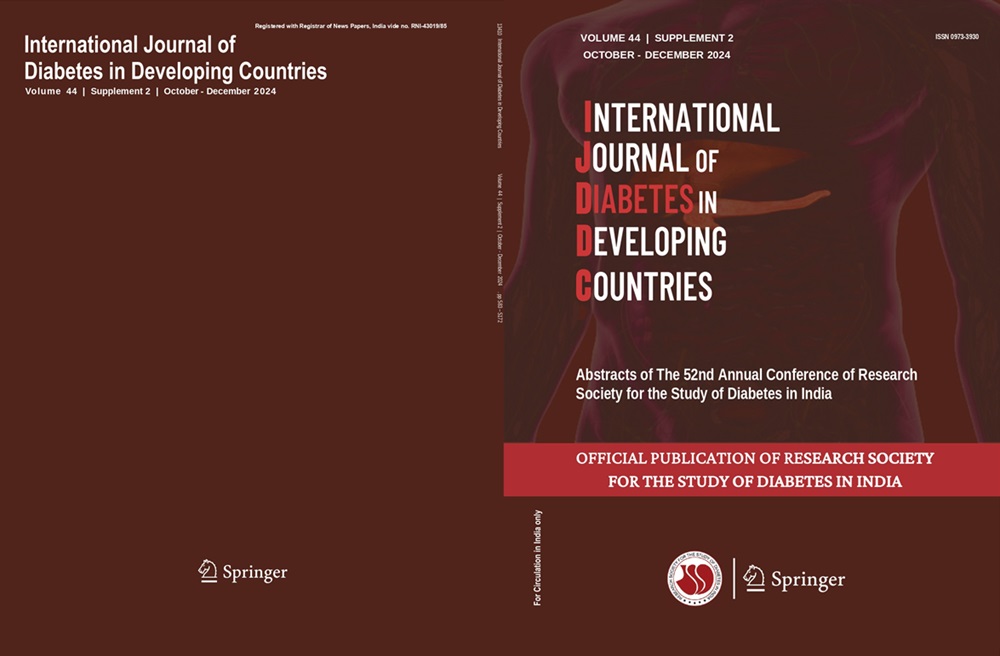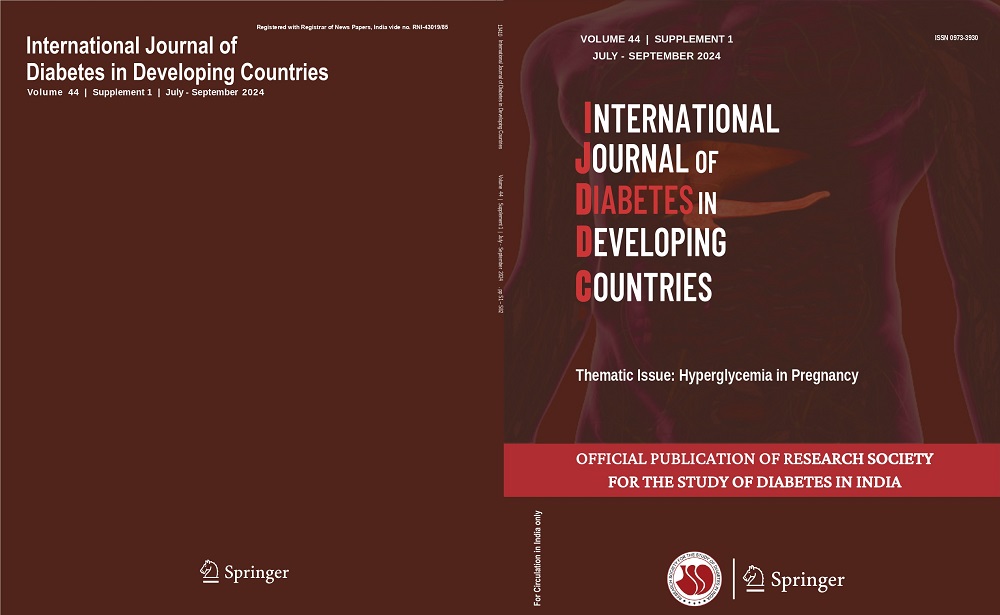Hossein Ghaderi-Zefrehi, Faezeh Seif, Reyhaneh Niayesh-Mehr, Saleh Ayashi, Sima Jafarirad, Zahra Niknam, Mohammad Hessam Rafiee, Hossein Babaahmadi‐Rezaei
Keywords
Cardiovascular diseases • Metabolic syndrome • Endothelin-1 • Melatonin
Abstract
Objective Metabolic syndrome (MetS) is characterized by the cluster of risk factors associated with diabetes and cardio-vascular diseases. Given the influential role of oxidative stress (OxS) in the pathogenesis of MetS and the antioxidant properties of melatonin, our study aims to investigate the impact of melatonin supplementation on OxS biomarkers and serum endothelin-1 (ET-1) levels in patients diagnosed with MetS.
Methods This double-blind, placebo-controlled, randomized clinical trial involved male and female adult participants with MetS. Subjects in the melatonin and control groups were administered 6 mg/day of encapsulated powdered melatonin or placebo (wheat flour), respectively, over a 12-week period. We evaluated serum levels of malondialdehyde (MDA), superoxide dismutase (SOD) activity, and ET-1 in MetS patients, both pre- and post-intervention.
Results Melatonin supplementation significantly decreased serum ET-1 level (1.55 ± 0.24 pg/ml vs. 0.808 ± 0.18 pg/ml; p = 0.04) and MDA (1.326 ± 0.05 μM vs. 1.134 ± 0.05 μM; p = 0.021) in the melatonin group relative to baseline values. Additionally, SOD activity displayed a significant increase (23.64 ± 2.77 U/ml vs. 41.35 ± 1.22 U/ml; p = 0.0001) in the melatonin group when compared to baseline.
Conclusion Our research indicates that 12 weeks of melatonin supplementation in MetS patients leads to a significant reduction in serum ET-1 and MDA levels, alongside an increase in SOD activity levels relative to baseline. However, further comprehensive and well-structured randomized controlled trials are essential for establishing the effects of melatonin supplementation on OxS biomarkers in diverse age demographics.




